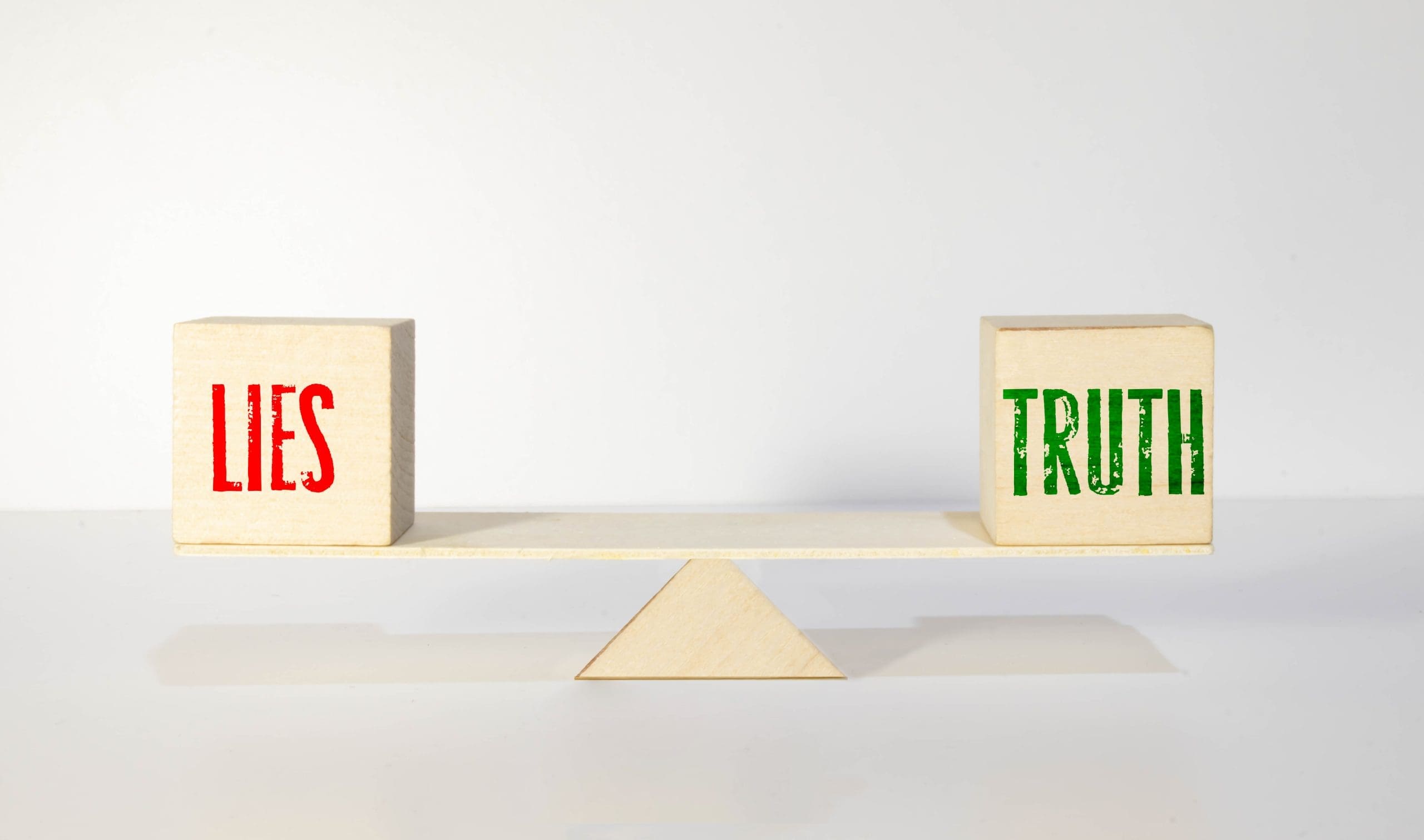
There’s an unspoken truth that every candidate who’s ever been through an interview knows: Sometimes, there’s a filter between what we think and what we say. Not because we want to lie. But because we know that honesty — raw, unfiltered honesty — can be hard to digest. An interview isn’t just a conversation. It’s a personal branding exercise.So yes, it’s about telling the truth – but even more about how you wrap it.
Harmless lies?
Whether we call it adapting, polishing, or smart storytelling, almost every candidate uses a “friendlier” version of the truth. A survey quoted by MyJob.ro reveals the most common interview lies revolve around: language skills, previous job responsibilities, and reasons for leaving past roles.
Some of the most common “harmless lies” you’ll hear in interviews include: “I’m a perfectionist”, “I work great under pressure” and “I’m equally good in a team or on my own.” They might sound harmless, even expected, but the truth is, these phrases mean very little unless they’re backed by real examples and genuine authenticity.
So where’s the line between reframing and manipulating? Where does strategy end and lying begin?
The answer? It’s all in the nuance. It’s perfectly normal to choose how you present your professional journey, to skip over sensitive details, and to highlight what truly matters for the role you’re applying to. You don’t need to mention every conflict with a former manager, or that you’ve sent out 23 other applications. But the moment you start inventing projects, certificates, or language skills, you’re stepping onto shaky ground.
At the end of the day, employers aren’t looking for perfection — they’re looking for a good fit. And that fit often comes down to how you communicate. You can be honest without being too blunt, authentic without oversharing. The secret lies in how you choose to wrap your truth: clearly, persuasively, and with balance.
When asked to talk about a weakness, it’s not the time for confessions – it’s a chance to share something real, but framed with intention. “Sometimes I jump into action too quickly before planning fully” shows growth. It’s a constructive truth. It shows reflection and maturity.
At Connecting Careers, this is the kind of smart honesty we support. You don’t need to sell yourself — just know how to present yourself. An interview isn’t a courtroom. It’s a stage. And if you know how to tell your story, your chances of being remembered grow significantly.
To sum it up: Don’t be afraid of the truth — just choose the right packaging. Employers value the trust you inspire. And how you communicate your truth can be the difference between a “We’ll be in touch” and a “We’re excited to have you on the team.”
We’ll see you at Connecting Careers — the place where honesty makes the difference, and interviews become authentic conversations.

